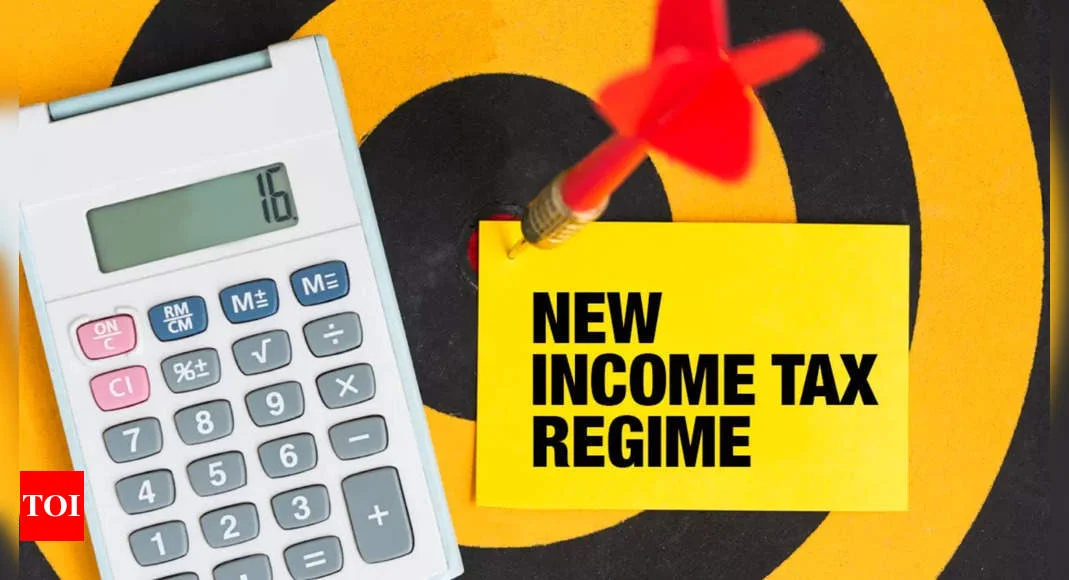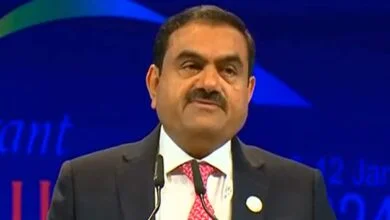
Budget 2024 income tax expectations: The government’s focus has been to simplify the tax structure and reduce the tax complexities so that TAX is no longer taxing. With this objective, one of the initiatives was introducing an optional personal tax regime called the new personal tax regime in the Budget 2020. This regime offered significantly reduced tax rates for the individuals who choose to forego certain deductions and exemptions.Around 70 deductions and exemptions out of a total of more than 100, under the Income Tax Act, 1961 (“Act”) were removed and aim was to review and rationalise the remaining ones as well. New Personal Tax Regime offered lower tax rates spread across six income levels as compared to the four-level structure under the old regime.
Initially, New Personal Tax Regime received mixed reactions as tax benefits associated with some of the most common deductions and exemptions were excluded such as deductions u/s section 80C in respect of LIC premium, PPF deposit, etc., section 80D for medical insurance premium, section 80G for donations, standard deduction etc. and exemptions u/s section 10(13A) for HRA, section 10(5) for leave travel allowance (LTA), section 10(32) for minor’s income etc. Although few tax benefits continued to be allowed such as section 80CCD (2) for employer’s contributions to the National Pension System (NPS), specific allowances under section 10(14) etc.
Also Read | Budget 2024 Expectations Live Updates: Will FM Sitharaman bring cheer to the common man?
There was a lot of ambiguity on how to choose the correct regime which is more beneficial as even though the New Personal Tax Regime continued to offer concessional tax rates on one hand, it took away tax benefit of various investments/expenditures. This necessitates careful evaluation and consideration by taxpayers based on the individual circumstances like if you have an option to claim deductions and exemptions for various investments and expenditures done, you may find the old regime better. To help and ease this out, the Government came out with an online tax comparative calculator wherein individuals can assess their own situation and make an informed choice.
The Budget 2023 introduced significant changes in individual tax but only for individuals opting for New Personal Tax Regime, namely:
- New Personal Tax Regime designated as “default regime.”
- Basic exemption limit increased from Rs. 2.5 lacs to Rs. 3 lacs,
- Reduced surcharge rate from 37% to 25% for income exceeding Rs. 5 crores,
- 100% tax rebate on income up to Rs. 7 lacs for resident taxpayers,
- Standard deduction allowed of Rs. 50,000 for salaried individuals and pensioners
- Rs. 15,000 deduction allowed on family pension.
These changes brought smiles to the taxpayers and encouraged them to pick up the New Personal Tax Regime. The change in maximum effective tax rates at various income levels are explained below:
This year’s Budget to be announced on February 1, would be an interim one but may provide more relief to taxpayers through New Personal Tax Regime reforms. The fact that standard deduction for salaried class was allowed last year under the New Personal Tax Regime and the employer’s contribution to NPS is already allowed, the government may look at including additional deduction of an individual’s own contribution to NPS under section 80CCD(1B) of the Act (capped at Rs. 50,000) under New Personal Tax Regime also.
Also Read |Budget 2024 income tax: Section 80C limit needs to be hiked; here’s why
NPS is one of the retirement savings avenues widely used by both salaried and non-salaried individuals. Extending the said deduction under New Personal Tax Regime would offer benefits to non-salaried individuals also and make New Personal Tax Regime even more appealing and simultaneously boost NPS also. Keeping the above in mind, you may do a detailed analysis of your personal tax situation to determine which regime is beneficial. In fact, you still have an option to opt for the New Personal Tax Regime at the time of filing your tax return by July 31, if not done yet.
(Chander Talreja is Partner, Vialto Partners. Manavi Gupta, Director at Vialto Partners contributed to the article. Views are personal)








